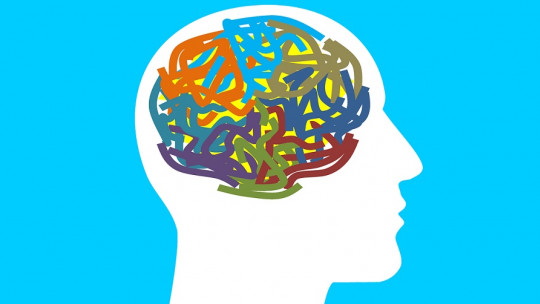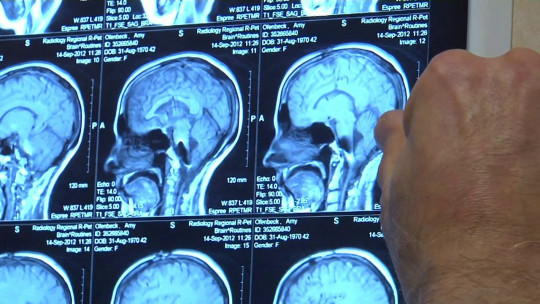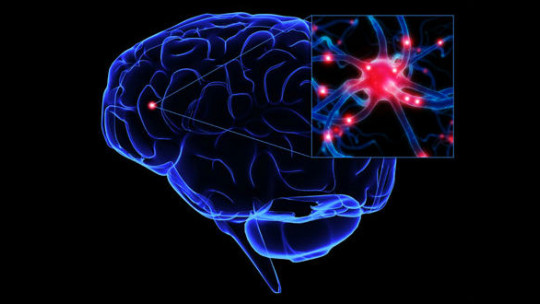
Historically, genetics has been a field of great scientific interest and widely studied. However, in recent decades, research has invested many resources in better understanding the role of epigenetics. Thus, this has gained great importance in recent times and is increasingly taken into account.
Throughout this article we will address different aspects. We begin by laying the foundations for what epigenetics is and some basic aspects of memory. Next, we will explore the relationship between epigenetics and memory. Finally, we will talk about the impact that these discoveries have had and have at a clinical level.
What is epigenetics?
The concept of epigenetics refers to the study of changes that produce activation or deactivation of genes without modifying the DNA. In most cases, these changes occur as a result of environmental and external factors such as diet.physical activity, stress, the intake of certain substances or certain life experiences.
The study of epigenetics is really important since these changes produced in genes can have a strong impact on the development and functioning of organs and, in turn, modify the risk of suffering from certain diseases.
Epigenetics investigates the way our body adapts to the environment in which it finds itself. Furthermore, it is relevant to take into account that modified information can be transmitted genetically since it is usually stable in nature.
Memory Basics
Memory is defined as the brain function through which the organism encodes, consolidates, stores and retrieves information related to past events or different internalized learning. It is considered that there are different types of memory and they can be classified based on aspects such as duration, content, level of consciousness, etc.
There are various internal factors that intervene in the processes related to memory unconsciously and, therefore, there is information that we retain more easily and other that we immediately forget. In relation to the recovery of information, it is important to keep in mind that it can occur voluntarily or involuntarily..
How does epigenetics influence memory?
Since memory is an essential function of our brain functioning that allows us to store and retrieve information, it is really interesting to understand how epigenetics can influence memory.
Discoveries can provide new aspects of cognition and learning. Furthermore, it may be especially relevant for the intervention and treatment of disorders related to memory and other cognitive processes.
One of the main points to take into account is that epigenetics can alter or modify the expression of genes that are related to synaptic plasticity and this has an impact on memory formation. The consequences of the impact will depend on whether the expression favors synaptic strengthening or weakens it.
Current findings
Below are briefly mentioned some of the main findings that have been found so far through which the influence of epigenetics on memory is evident.
Chromatin flexibility
Chromatin is understood as the way in which it is possible to observe the genetic material in the nucleus of the cell. It has been observed that its flexibility allows certain genes to be more sensitive to transcription. That is, it influences the activation of neurons during memory encoding.
Epigenetic modifications and memory
Neuronal plasticity can be affected by changes generated by epigenetics. This fact implies possible alterations in the formation and maintenance of memory. Furthermore, it has been observed that certain modifications, such as DNA methylation and histone acetylation, are crucial in the regulation of genes involved in memory.
Neural involvement
The participation of neurons in memory formation may be determined by certain epigenetic changes along with the flexibility of chromatin already mentioned above. These processes interfere with the encoding of memories and their degree of complexity.
What is the clinical relevance of these discoveries?
One of the main points to highlight is the fact that the changes produced at the epigenetic level are characterized by being stable and, therefore, being transmitted during cell division, thus ensuring the continuity of the specific function.
In addition, these changes are also transmitted and can be inherited from parents to children. This point is especially important to take into account since it interferes with sensitivity or predisposition to develop certain pathologies and is also related to certain phenotypic characteristics.
Research related to the study of pathologies has shown that certain alterations in which epigenetic mechanisms are involved and are related to different diseases. These include some that are so present in our society such as neurodegenerative disorders, cancer and some metabolic diseases.
At a health level, understanding the importance of epigenetics and its relationship with memory is considered key since the information obtained can be of great help to develop new clinical treatments, therapeutic strategies and, of course, preventive tools.
Despite everything stated so far, we cannot forget that research in the field of epigenetics continues to grow. Fortunately, more and more resources are being invested in this field with the aim of better understanding how environmental factors and life experiences can influence gene expression.








